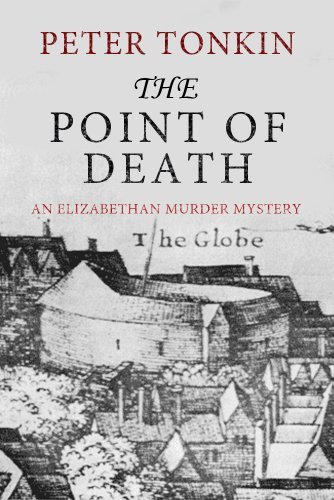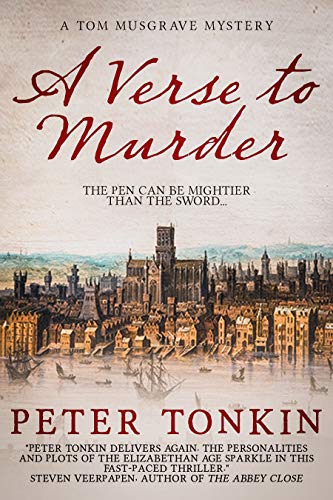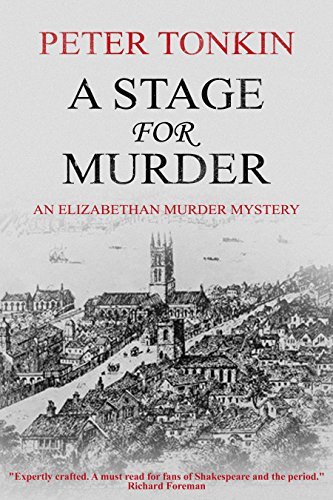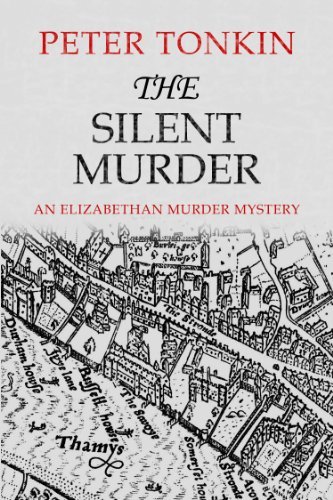
Part of Series
'A welcome aura of old-fashioned expertise.' Publishers Weekly London, 1594. The opening night of ‘Romeo and Juliet’. But it is not just the young lovers in the play who are star-crossed. Mercutio is found murdered in the middle of the play - but it is real, not stage, blood that flows from his body. Tom Musgrove, is hired by the theatre owners to solve the murder case as quickly and quietly as possible. The theatre has only just reopened after two years of plagues, and they can’t afford a scandal on their doorstep. As Tom plunges into the mean streets of Elizabethan London he soon realises he has jumped blindly into a web of murderous intrigue, which has already claimed the lives of Kit Marlowe and Francis Walsingham. As the shattered remnants of England’s first Secret Service split into two lethally opposed camps, the blood begins to flow from the stinking sewers of Southwark to the gilded halls of Westminster. Can Musgrove track down the murderer and solve the mystery? Or will he end up being the one hunted to The Point of Death? ‘The Point of Death’ is a thrilling Elizabethan murder mystery, full of intrigue and suspense. Praise for Peter 'A good thriller, recommended.' Library Journal ‘Tonkin is a superb storyteller who creates big, brash, swashbuckling adventures with taut suspense, fast-paced action and tough, resourceful characters.’ Booklist Peter Tonkin was born in Northern Ireland, and was raised in the UK, Holland, Germany, and the Persian Gulf. He has written thirty novels including ‘The Coffin Ship’.
Author

Peter Tonkin's first novel, KILLER, was published in 1978. His work has included the acclaimed "Mariner" series that have been critically compared with the best of Alistair MacLean, Desmond Bagley and Hammond Innes. More recently he has been working on a series of detective thrillers with an Elizabethan background. This series, "The Master of Defense", has been characterised as 'James Bond meets Sherlock Holmes meets William Shakespeare'. Each story is a classic 'whodunit' with all the clues presented to the reader exactly as they are presented to the hero, Tom Musgrave. The Kirkus Review described them as having 'Elizabethan detail, rousing action sequences, sound detection...everything a fan of historical mysteries could hope for."


